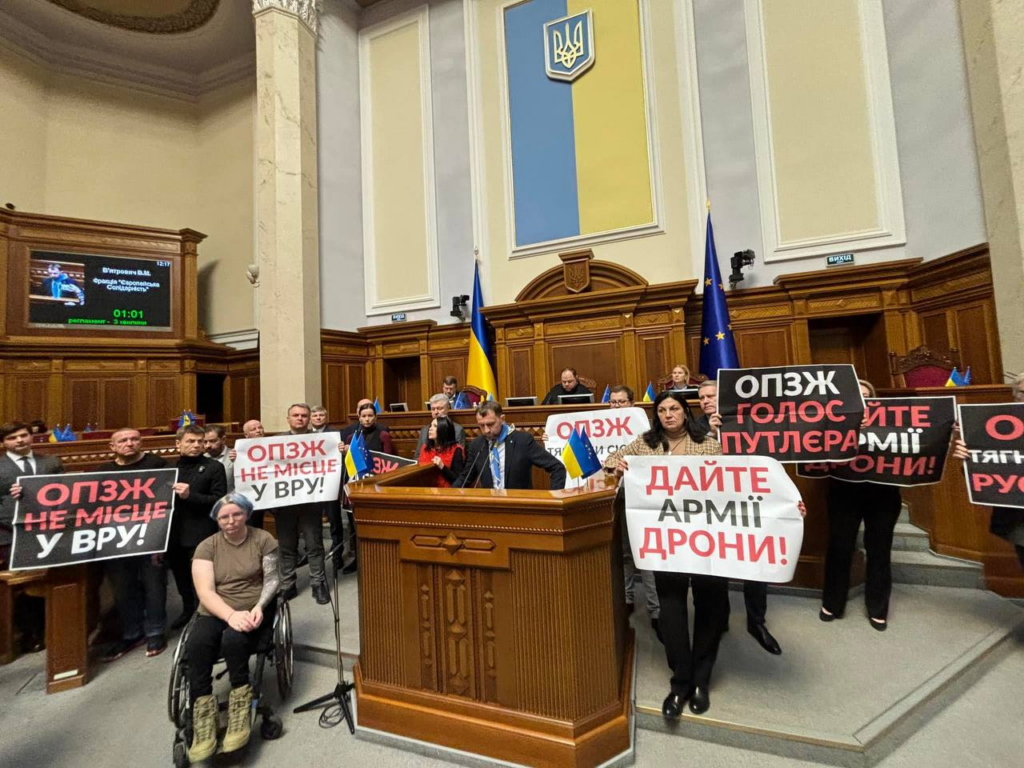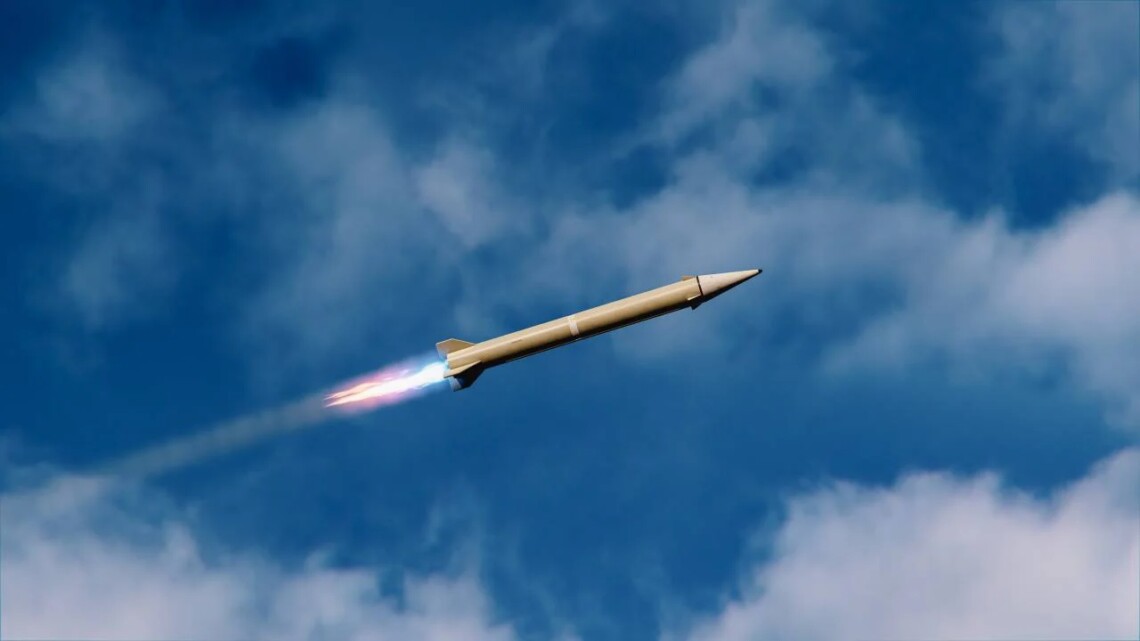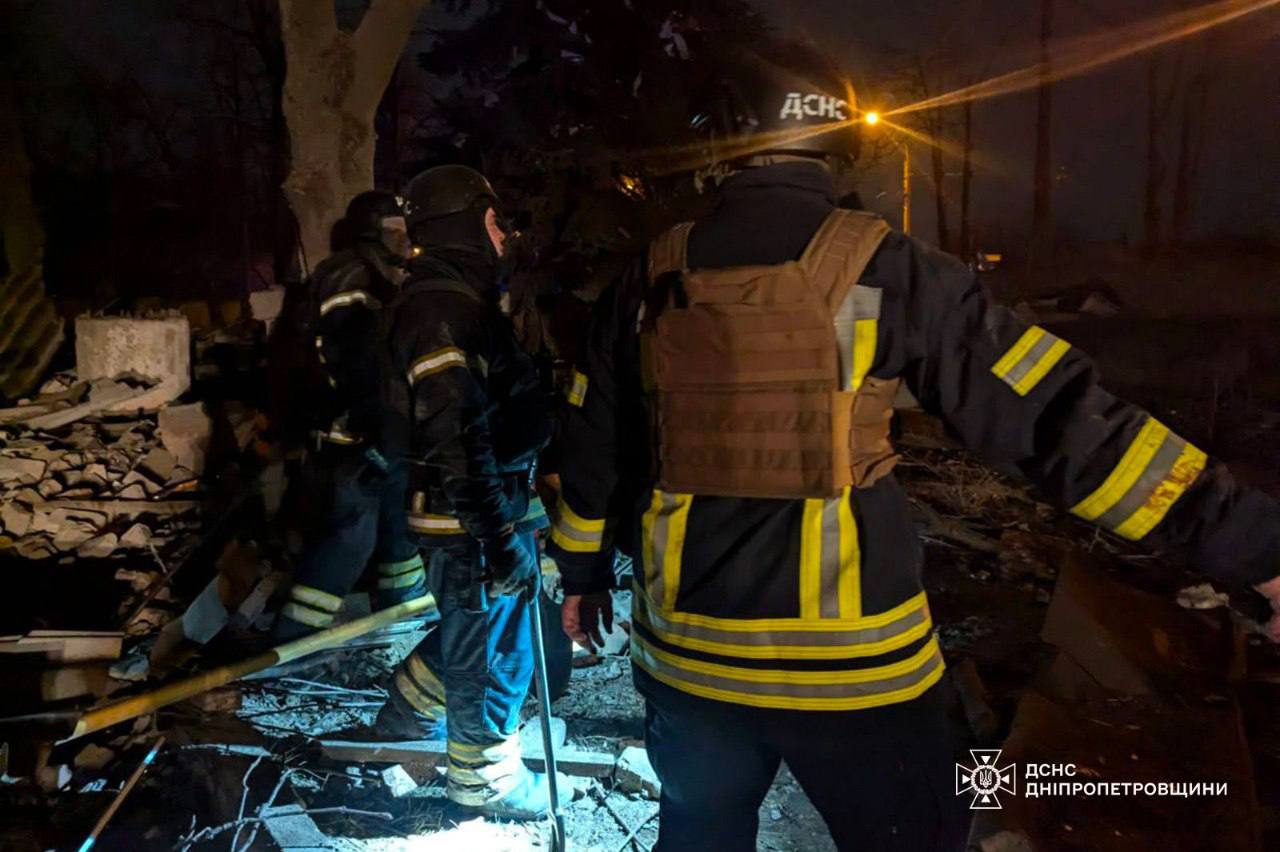Proposed law may grant police wide access to bank accounts of Ukrainians
Source: The Center for Legislative Research of Ukraine
The Ukrainian parliament is set to review Bill No. 11043 that can toughen oversight of banking transactions of Ukrainians as officials look for ways to tackle schemes using peer-to-peer (P2P) payments for tax evasion.
According to the National Bank of Ukraine, shadow transactions are estimated to reach a staggering 200 billion hryvnias annually. Initially, lawmakers proposed strict limits on transfers, capping them at 100,000 hryvnias per month with a maximum of 30 transactions. The strong public reaction made officials add some tweaks to Bill No. 11043 that was seen as part of the solution. The proposed law will introduce a limit of 150,000 hryvnias with no cap on the number of transfers for six months, during which more effective solutions were to be devised.
As is often the case, legislators have embedded provisions that raises many eyebrows as law enforcement may soon acquire sensitive data—including geolocation, IP addresses, and the identities of individuals involved in transactions—without substantial justification.
The proposed amendments to Article 31 of Ukraine’s “On Payment Services” law would obligate financial service providers to furnish police with details of payment transactions, which will include:
- Geolocation data
- IP addresses
- Device information used for transactions
- Application data where payments were made
- Personal identification details (including names and ID codes)
- Payment service provider information
- Unique identifiers for both payers and payment devices
This trove of information is currently protected under banking secrecy laws but, if the law is made effective, police could request this data within 24 hours for any payment operation flagged as potentially criminal.
Critics are questioning the vague terminology in the legislation. For example, what exactly constitutes a “transaction indicating signs of criminal activity”? Who will determine if a transaction meets these criteria? The bill fails to clarify these issues, avoiding standard legal procedures for evidence collection in criminal cases.
Should this legislation pass, police could bypass standard protocols, gaining access to personal transaction data for any individual or company without the safeguards typically required. This raises significant privacy breach issues, as there are no clear safeguards to prevent misuse of the data obtained.
There are also fears that these expansive powers could lead to abuse and a further erosion of trust in law enforcement. The Ukrainian Constitutional Court has previously ruled that any restrictions on constitutional rights must be fair and proportionate. Critics argue that the current iteration of Bill No. 11043 fails to meet these principles.
What’s Next? As the bill approaches its final review, many are urging lawmakers to reconsider the balance between combating financial crime and protecting citizens’ rights. .
Five armored vehicles “Kozak” have received a new mission – thanks to the support of Metinvest, they have been upgraded to full-fledged command and staff vehicles. These upgraded vehicles are now operating on the front line.
A kamikaze drone flies directly toward an armored personnel carrier. But instead of penetrating the hull, it explodes on a steel screen. The crew survives. This is the new reality for Ukrainian forces, who have received enhanced protection thanks to the Metinvest project within “Steel Front of Rinat Akhmetov”.
To commemorate the third anniversary of the full-scale invasion, “Bukvy” has compiled data on the largest donors supporting the Armed Forces of Ukraine. Among them there are charitable foundations and businesses. The list includes, in particular, foundations that provide assistance exclusively from their own resources, without fundraising (such as SCM by Rinat Akhmetov, Epicenter, etc.).
In just 1.5 months, Ukrainian specialists have created an innovative protective shell for the control modules of anti-aircraft missile systems (AMS) Patriot and Iris-T SLM. This development was another step in strengthening Ukraine’s defense capabilities, aimed at protecting key elements of the air defense system from debris damage.
Military serviceman of the International Legion for the Defense of Ukraine with the call sign “Paradox” is the crew commander of the American M113 armored personnel carrier. He is a master at using it and is constantly improving, because the legionnaire’s skills are tested every day in battle. You have to drive to the front lines, often under artillery fire and drone attacks.




